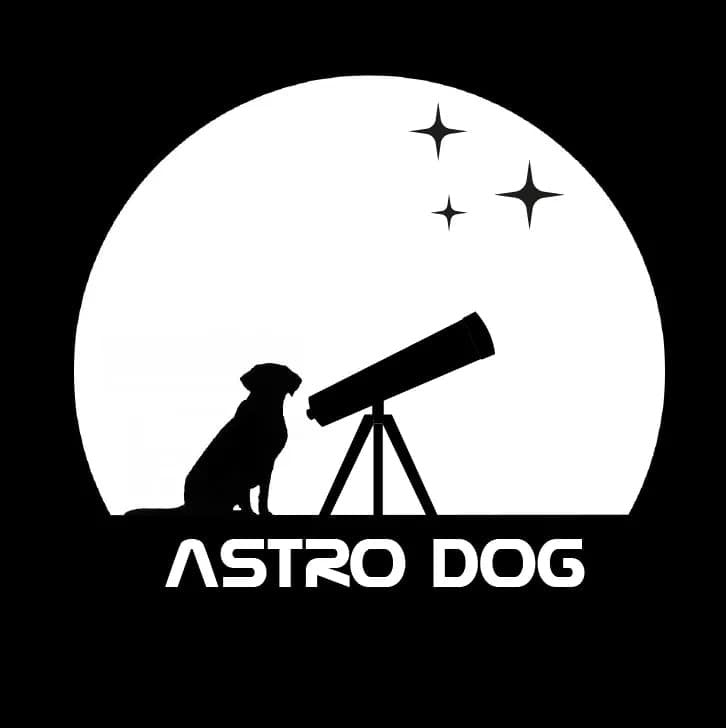PLANETARY CONJUNCTION OF BRIGHT PLANETS VENUS AND JUPITER! PLUS OTHER CELESTIAL TREATS TO LOOK OUT FOR! - 12/08/2025 💖🌕😍🌠✨️🪐
Here is one for you early birds and all night stargazers. We are in for a special celestial treat early tomorrow morning! As you may have noticed from our previous posts the last few days, we have some special planetary treats to observe in our skies right now!
During the early hours of the 12th of August, the dazzling planet Venus (also known as the morning star) will appear to pay an extremely close visit to the amazing gas giant Jupiter.
Look low towards the North East at around 2:30 BST and you may be able to see two very bright star-like points of light above the horizon, these are in fact the planets Venus and Jupiter!
Over the last few days, Venus and Jupiter have been slowly appearing to move closer to each other in our early morning skies. However, on the morning of the 12th of August they will appear their closest to each other, appearing to be separated by less than 1 degree! Some might say it will look like a planetary kiss! 🥰
This special celestial meeting will make for a beautiful sight and an excellent photographic opportunity.
TOP TIP
When looking for the planets they will appear like very bright starlike objects, however unlike stars they won’t appear to twinkle.
VIEWING TIPS
You don’t need any special equipment to witness this conjunction, both Jupiter and Venus will be visible to the naked eye. However, you could get a closer look with a pair of binoculars or a small telescope. Using binoculars or a telescope will reveal the Galilean moons around Jupiter, and with more magnification you may even be able to spot the phase of Venus! The Moon and Saturn also look wonderful with a pair of binoculars also, allowing you to see more detail within the craters of the Moon and rings around Saturn.
SAFETY WARNING
You must always exercise caution when viewing objects through binoculars or a telescope that are nearby to the Sun, and NEVER point them directly at the Sun. Even a brief flash of light from the Sun with an optical aid may cause instant, irreversible eye damage. We recommend you check your local sunrise times and make sure to stop using your binoculars or telescope way before the Sun is due to rise.
BE ON THE LOOKOUT FOR METEORS AKA SHOOTING STARS!
We are also very close to the most active period of the Perseid meteor shower, which peaks on the night of the 12th of August, and so if you stay out for a little before the planetary conjunction of Venus and Jupiter you have a good chance of spotting some “shooting stars” too!
If you would like to learn more about the Perseid meteor shower, including tips on how best to view this shower, please read our comprehensive Perseid meteor shower post.
WHAT ELSE IS IN THE NIGHT SKY THROUGHOUT AUGUST?
If you would like to know more about the rest of the amazing celestial treats that can be seen in the skies throughout August, please head to our YouTube channel (@AstrodogUK) to watch our Night Sky Guide video for August 2025.
CLOSING WORDS
We are super excited about the upcoming planetary conjunction of Venus and Jupiter plus the peak of the Perseid meteor shower, and we hope that you have a great time too! 😊
If you head out to enjoy this special planetary conjunction or the Perseid meteor shower, we would love to hear about your celestial adventures too, so please feel free to share any of your adventures in the comments below!
As always, we wish you good luck and clear skies! 🥰💖

